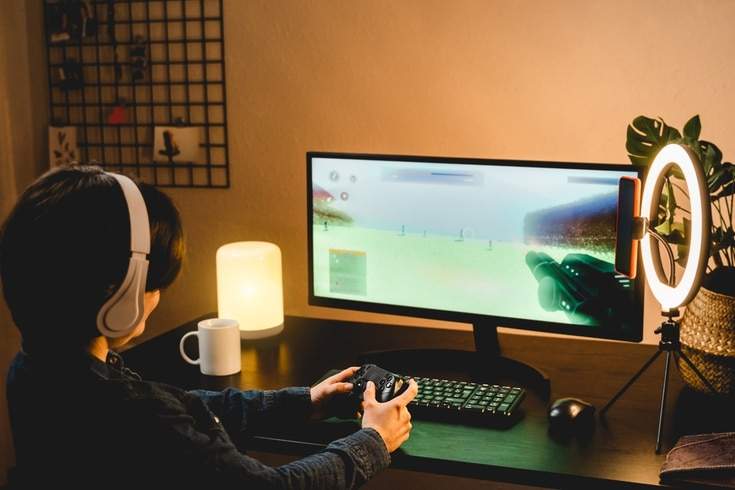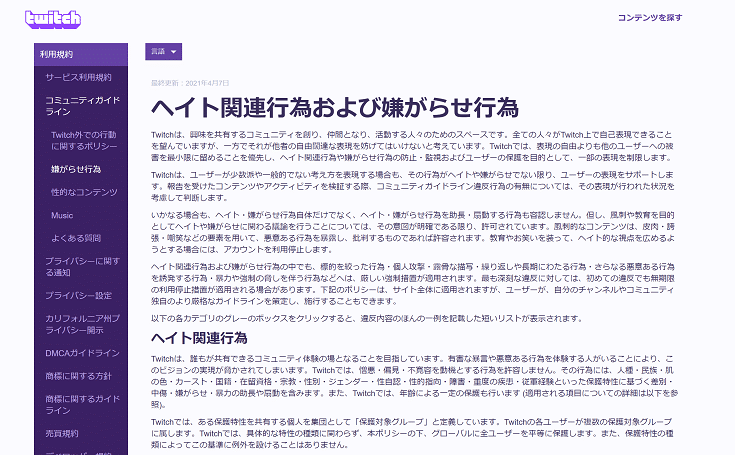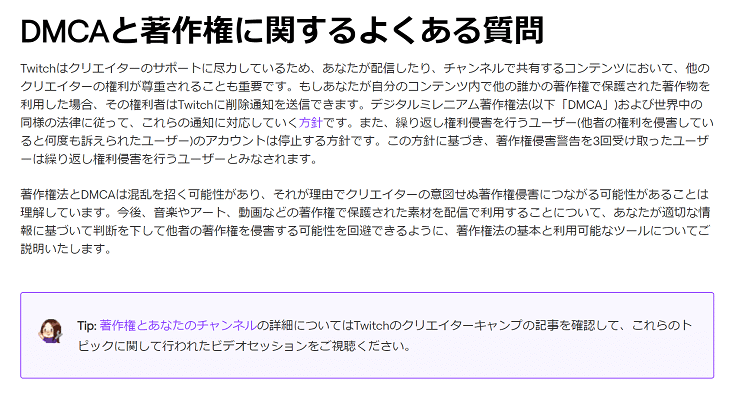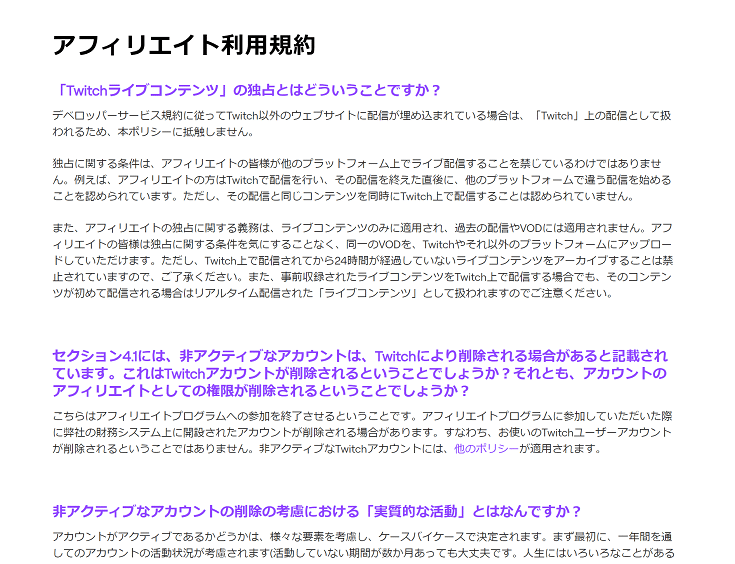What YouTubers Should Be Aware of When Using Twitch: The Terms of Service

Are you familiar with the video streaming service known as Twitch? Twitch is a platform provided by Amazon.com, Inc., which allows for the real-time streaming of audio and video. While YouTube may be more well-known in Japan, Twitch is a service with a very large number of users worldwide.
In this article, we will explain the terms of use that YouTubers should be aware of when streaming videos on Twitch.
What is Twitch?
Twitch is a platform where a variety of videos, primarily game live streams, are broadcasted. Apart from gaming, casual chats and dance performances by streamers are also popular content. Since the broadcasts can be archived, they can be viewed even after the live stream has ended.
Streamers can earn revenue through advertisements, referral fees from Amazon Associates, and donations using a feature called Bits. Additionally, if they are a Twitch Partner or Affiliate, they can receive support through monthly payments from viewers via the subscription feature. It can be said that Twitch is an attractive service for streamers as it provides an easy way to generate income.
Points to Note When YouTubers Post Videos on Twitch
So, what should YouTubers be aware of when streaming videos on Twitch? Let’s take a look at Twitch’s terms of service.
Twitch’s terms of service include the Service Use Agreement, Community Guidelines, and DMCA Guidelines, among others.
Prohibition of Hate-Related and Harassment Activities
The Twitch Community Guidelines include provisions for preventing hate-related and harassment activities. Such activities are prohibited, and if a serious violation is found, even if it’s the first offense, an indefinite suspension may be imposed.

Regarding sexual harassment, even if the streamer did not intend to harass, if the person receiving the comment indicates that it is inappropriate, they may be subject to enforcement, so be careful.
Digital Millennium Copyright Act – Copyright Infringement
In October 2020, Twitch received a claim based on the Digital Millennium Copyright Act (DMCA) and deleted a large number of streaming videos. The DMCA is a U.S. law regarding the copyright protection of digital data. The DMCA stipulates that if a provider displaying content on a site receives a copyright infringement claim from the copyright owner or their agent, the provider is exempt from liability for copyright infringement if they promptly remove the content.
Because they can avoid litigation by promptly removing content, Twitch seems to be taking a strict approach to copyright infringement.

According to the above, copyright holders can notify Twitch to delete their works if they are used, and Twitch has a policy of responding to these notifications. Streamers who receive three copyright infringement warnings are considered repeat infringers, and their accounts are suspended. Therefore, it is better to avoid streaming music for which you do not hold the rights.

Prohibition of Simultaneous Broadcasting
Streamers can join the Twitch Affiliate Program and earn revenue by meeting certain conditions. If you join the affiliate program, you must comply with the Affiliate Terms of Service.
The Affiliate Terms of Service include the following:
The exclusivity condition does not prohibit affiliates from live streaming on other platforms. For example, affiliates are allowed to stream on Twitch and then start a different stream on another platform immediately after ending the Twitch stream. However, they are not allowed to stream the same content simultaneously on Twitch.

In other words, while YouTubers are not prohibited from streaming videos on both Twitch and YouTube, they are prohibited from live streaming on YouTube and Twitch at the same time. Please note that even if you are broadcasting a pre-recorded video, if it is the first time you are broadcasting that video, it is treated as “live content” and is subject to the prohibition on simultaneous broadcasting.
Summary: Consult Experts Before Streaming on Twitch
As we have seen, there are several points to consider when a YouTuber decides to stream videos on Twitch. Not only do they need to be aware of Twitch’s terms of service and Japanese law, but they also need to be mindful of American copyright laws, among others. The related laws are extensive. We recommend that YouTubers considering expanding to Twitch consult with a lawyer who specializes in YouTuber legal affairs in advance.
Guidance on Measures by Our Firm
Monolith Law Office is a legal office with high expertise in both IT, particularly the internet, and law. There are many YouTubers who are considering broadcasting on the globally popular platform, Twitch. However, there are various restrictions on broadcasting on Twitch, and the need for legal checks in channel operation and contract-related matters is increasing. At our firm, attorneys with specialized knowledge are handling these measures.
Category: Internet





















